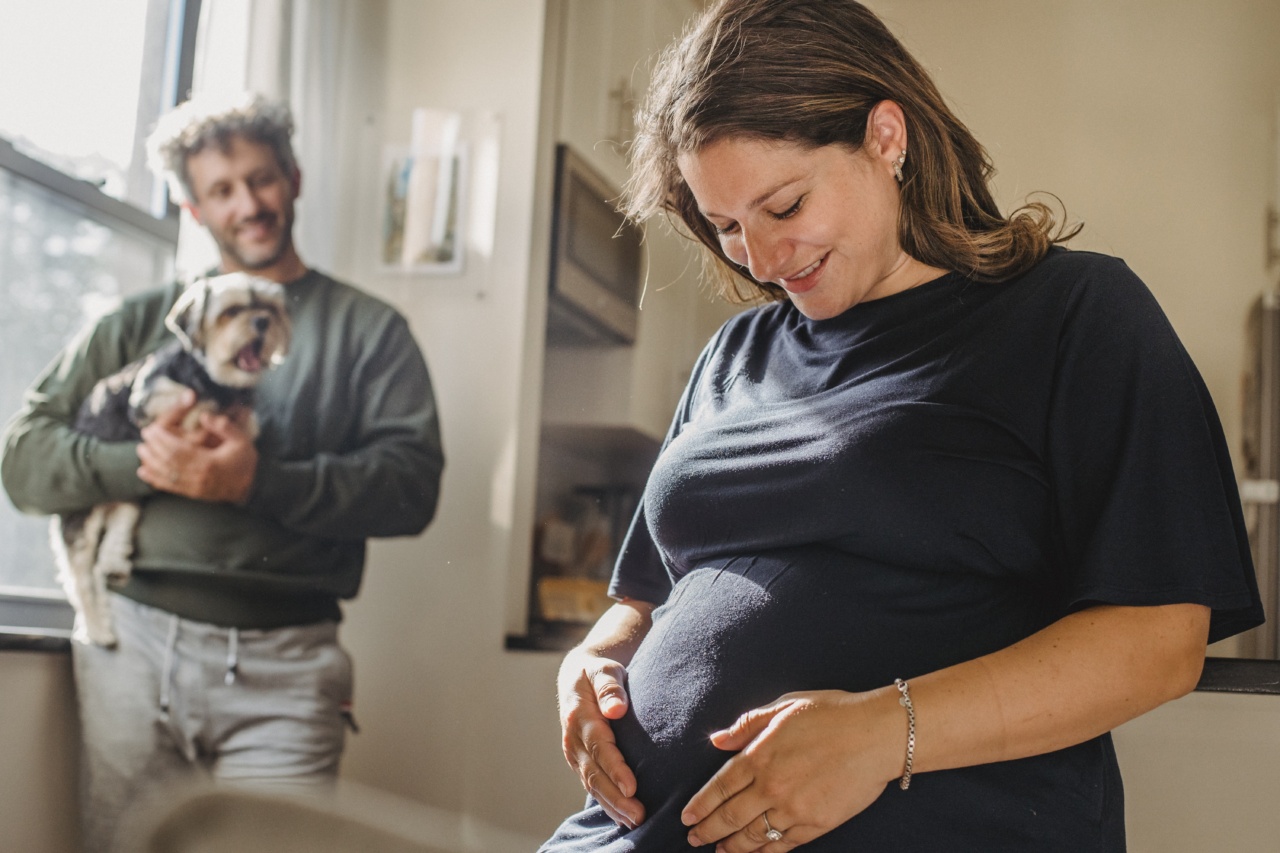Memory problems are a common occurrence as people age. However, researchers have found there may be a correlation between the age a woman has her last pregnancy and memory loss in later life.
It seems the timing of the last pregnancy may have a significant impact on how well a woman retains her memory in old age.
The Study
The study was conducted by researchers at the University of California. They looked at data from 830 women, with an average age of 60 years, who had given birth at some point in their lives.
Memory tests were administered to each woman and they were asked about their reproductive histories. The results showed that women who had their last pregnancy after the age of 35 experienced greater memory problems than women who had their last pregnancy earlier.
The Explanation
Researchers believe that the hormonal changes that occur during pregnancy may have a lasting impact on the brain. When a woman is pregnant, her body produces large amounts of estrogen and progesterone.
These hormones help to prepare the uterus for the growing fetus and play a role in the development of the baby’s brain. However, they also affect the woman’s brain, causing changes in the structure and function of brain cells.
These hormonal changes are thought to have a lasting impact on the brain, affecting how well it functions in later life.
Women who have their last pregnancy later in life may be exposed to higher levels of these hormones for a longer period, which could contribute to greater memory problems as they age.
Other Factors
It’s worth noting that other factors can also affect memory loss in later life. Lifestyle choices such as smoking, poor diet, lack of exercise and excessive alcohol consumption can all contribute to memory problems.
Family history, education level and certain medical conditions can also play a role.
However, even when these factors were controlled for, the age of the last pregnancy still had a significant impact on memory.
It’s an interesting finding as it suggests that reproductive history may be a factor that doctors should consider when assessing a woman’s cognitive health.
What This Study Means
The study’s findings may be worrisome to women who are planning on delaying their last pregnancy.
However, it’s important to remember that this is just one study and more research is needed to fully understand the relationship between the age of last pregnancy and memory loss in later life. It’s also worth noting that memory loss is a complex issue and likely has many contributing factors.
That being said, there are steps women can take to protect their cognitive health. Regular exercise, a healthy diet and avoiding smoking and excessive alcohol consumption are all good places to start.
Additionally, staying mentally active by engaging in challenging activities such as puzzles, reading and taking up a new hobby can also help keep the brain sharp.
Conclusion
A woman’s age at her last pregnancy may have a significant impact on her memory in later life. While the study’s findings are interesting, more research is needed to fully understand how reproductive history affects cognitive health.
Regardless, women can still take steps to protect their cognitive health as they age, such as staying physically and mentally active, and avoiding unhealthy lifestyle choices.





























